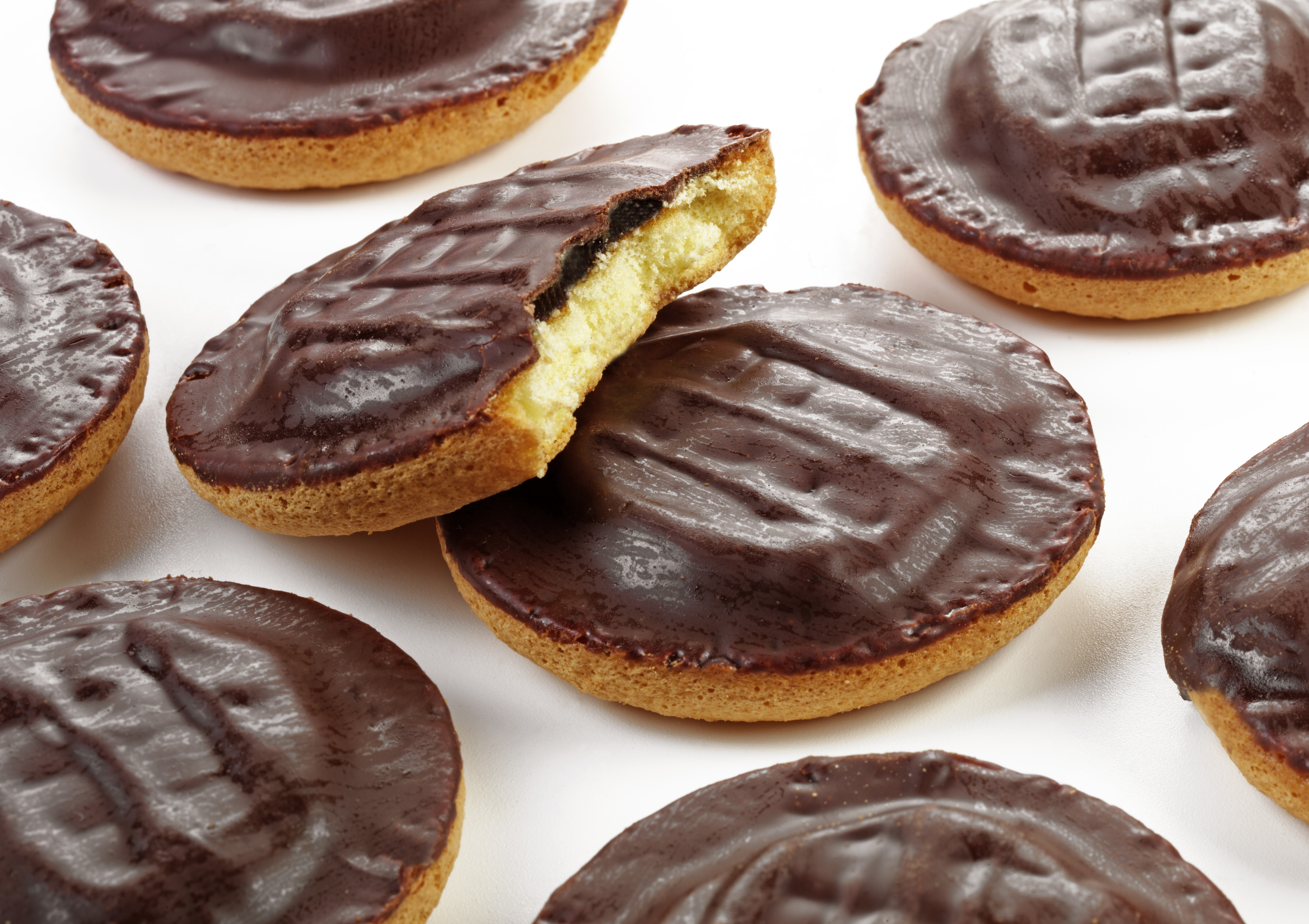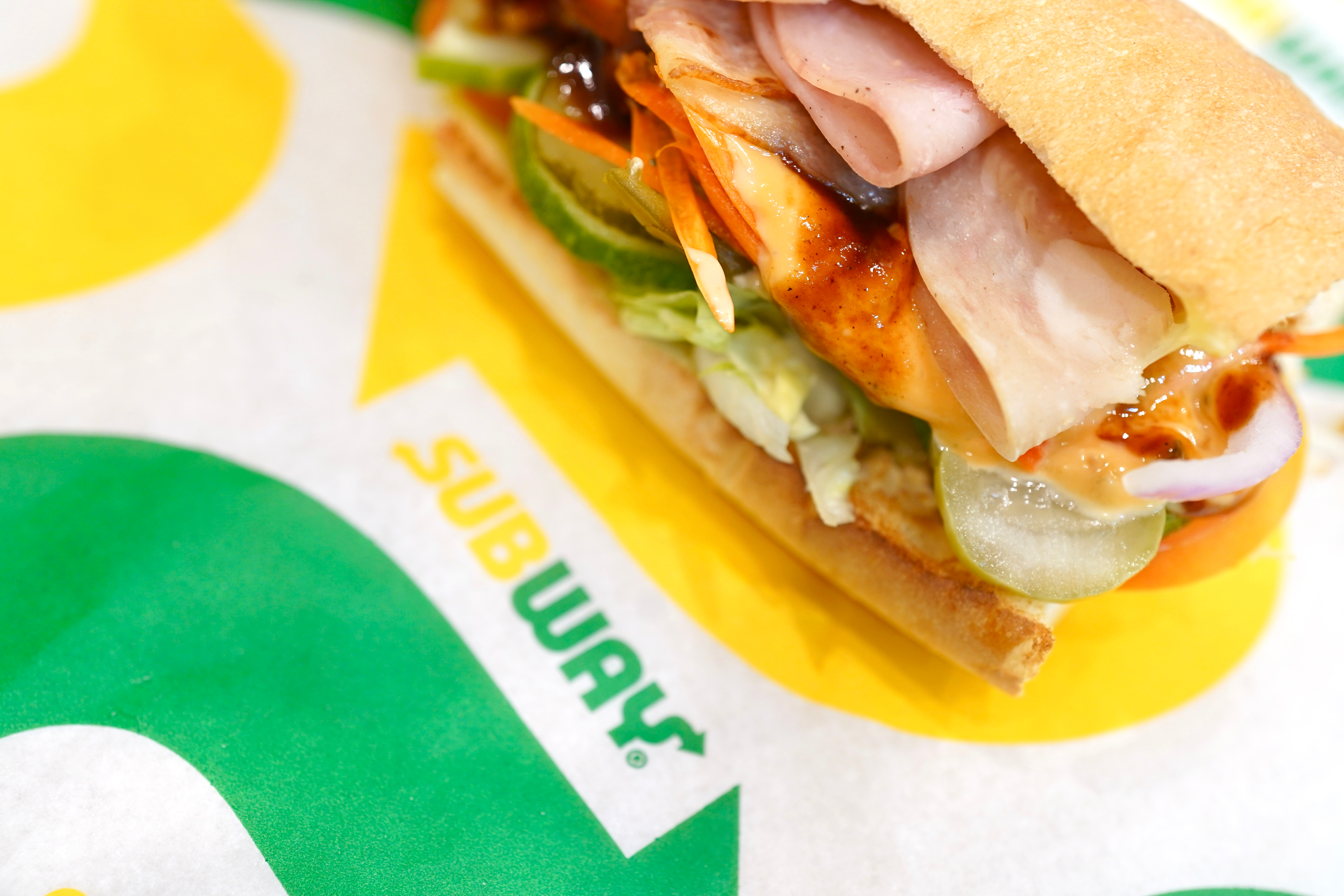Business Tax: VAT on food – could it be any simpler?

In our latest blog, Chris Cunnane CA CTA looks at how food can be treated for VAT – one of the areas covered by our TPS Business Tax course.
All VAT transactions are classified as being either taxable or exempt. There are three types of taxable supplies – standard-rated supplies, reduced-rated supplies and zero-rated supplies. The legislation sets out what goods and services will fall into each category.
So far, so good, but the rules around VAT and food can be particularly confusing.
Most food is zero-rated for VAT, so you don’t pay VAT, but some items are standard-rated (20% VAT). This includes catering, alcoholic drinks, confectionery, crisps and savoury snacks, hot food, sports drinks, hot takeaways, ice cream, soft drinks and mineral water.
Restaurants must always charge VAT on something eaten on their premises. Restaurants and takeaways must also charge VAT on all hot takeaways or home deliveries. They don’t need to charge VAT on cold takeaway food.
As mentioned in a previous blog, under UK coronavirus measures, VAT has been slashed from 20% to 5% for businesses in the hospitality and tourism industries until January 12, 2021. KFC, McDonald's and Wetherspoons are among the high-street chains to pass on these VAT savings to customers.
The Jaffa Cake case
Still with me? The recent Subway VAT case reminded me how often the courts have been called on to decide the rate of VAT which should be charged on food.

Most people are aware of the Jaffa Cake case. A Jaffa Cake is zero-rated but a chocolate digestive, which also has a chocolate covering on the top, is standard rated. How come? Well a Jaffa Cake is a cake which is zero-rated (regardless of how much chocolate is on the cake). A biscuit is only zero-rated if it is not partly or wholly covered in chocolate and as a chocolate digestive is partly covered in chocolate, it does not qualify for zero-rating.
The Nesquick case
Then there is the Nesquick case. Nestlé argued that their flavoured powders are to encourage the drinking of milk, and should, like milk, be zero-rated. The courts disagreed. Chocolate powder is zero-rated but this has nothing to do with the fact that is linked to the drinking of milk, but because it contains cocoa which is zero-rated as a food. The strawberry and banana-flavoured powders are not a food and so are standard rated. So, we have three similar products, two are subject to VAT, one is not.
Complicated crisps
Snacks can be especially complicated. Crisps made mostly from potato are standard-rated but crisps made from cereals can be zero-rated unless the cereals are ‘swollen’. For example, tortilla chips are zero-rated as they are made from corn and not swollen but monster munch which are also made of corn are standard rated because they are swollen. Vegetable crisps (which are neither potato or cereal) are zero-rated, as are Twiglets and Mini Cheddars. Proctor & Gamble unsuccessfully argued that Pringles should be zero-rated as they are not shaped like a crisp and don’t contain sufficient potato.
Confused? I could go on.
Sugary Subway staples
The latest company to fall foul of the law on VAT and food is Subway.

The rolls used in Subway's sandwiches contain too much sugar to be considered bread, according to Ireland's Supreme Court and therefore cannot be zero-rated for VAT. The Court distinguished between bread as a “staple” food and certain other baked goods made from dough.
VAT is a tax on businesses though and it will be up to Subway to decide whether or not to pass on these charges to customers in the price they pay. It's worth pointing out that while this ruling was made in Ireland's highest court it doesn't apply to the UK, which has its own separate VAT system.
